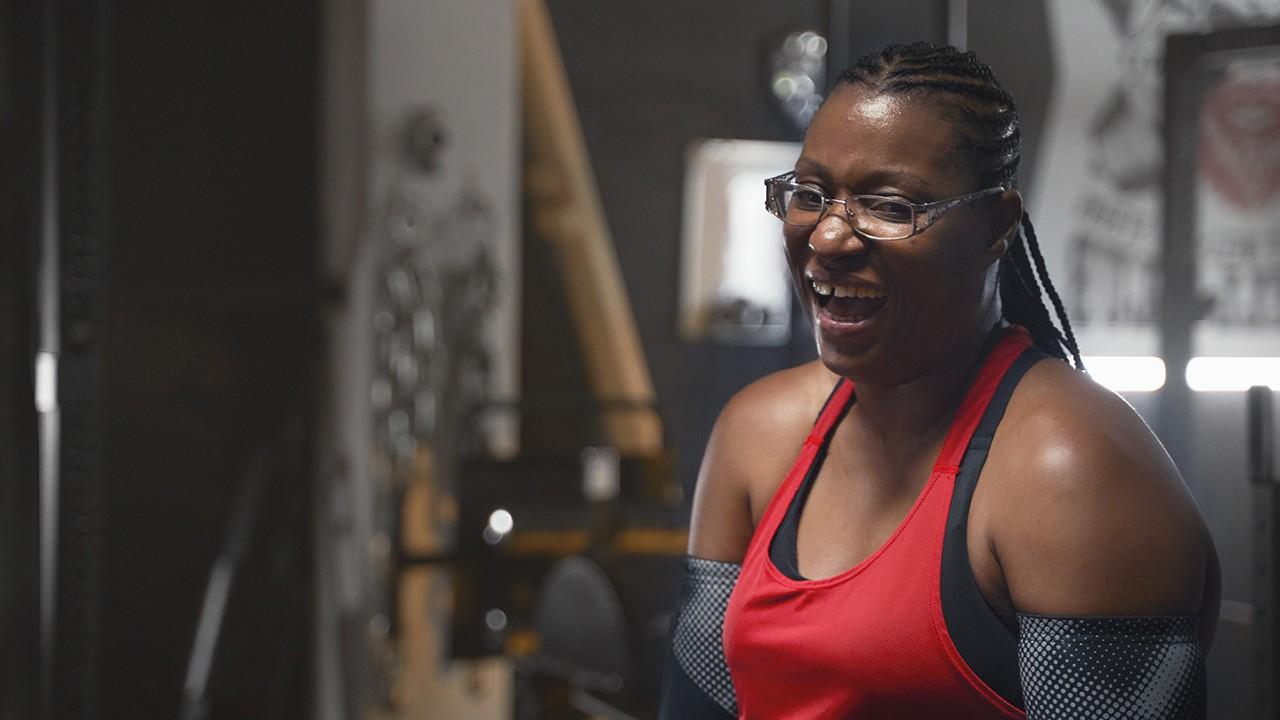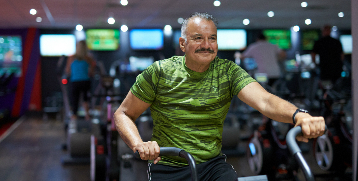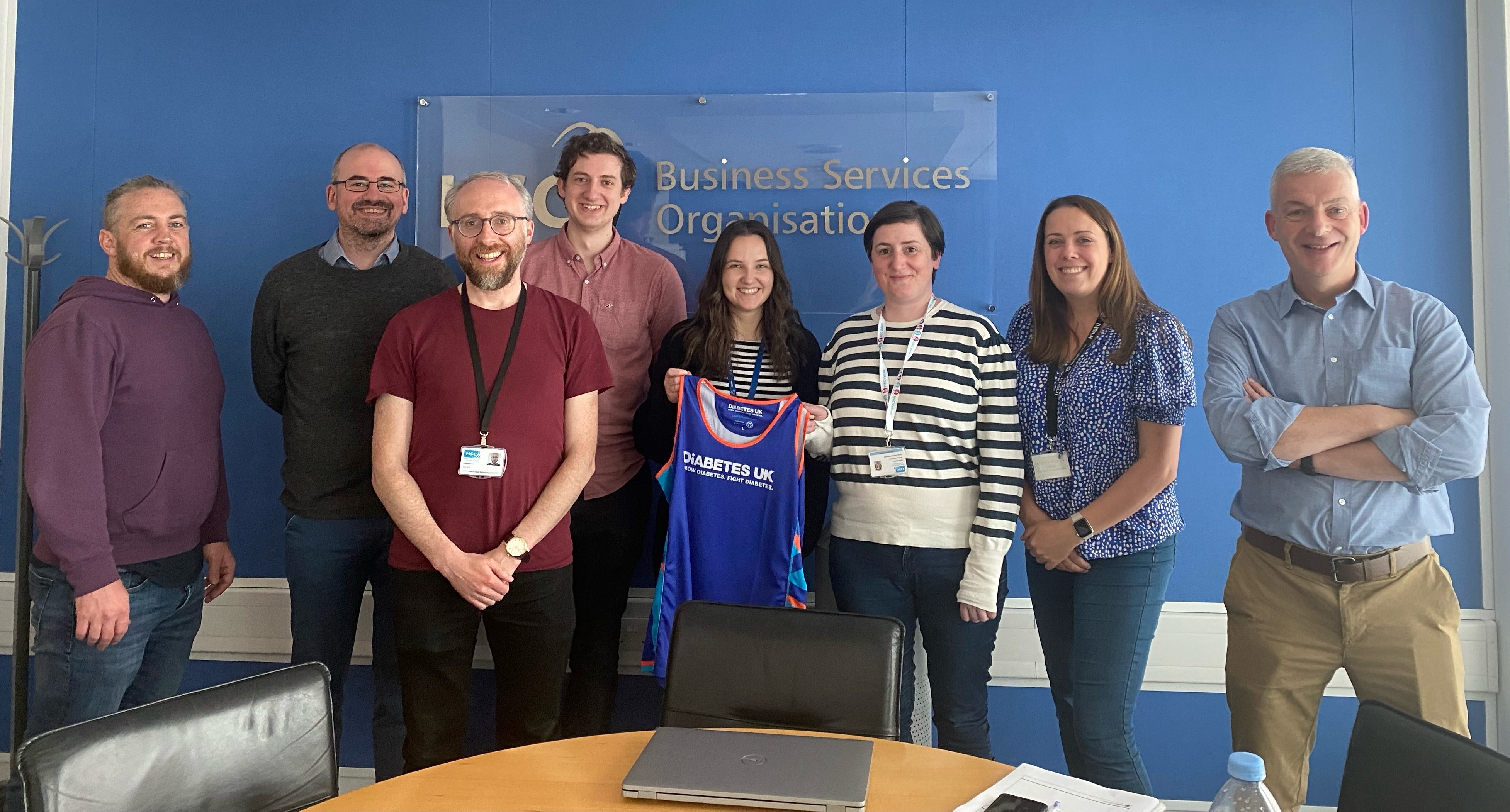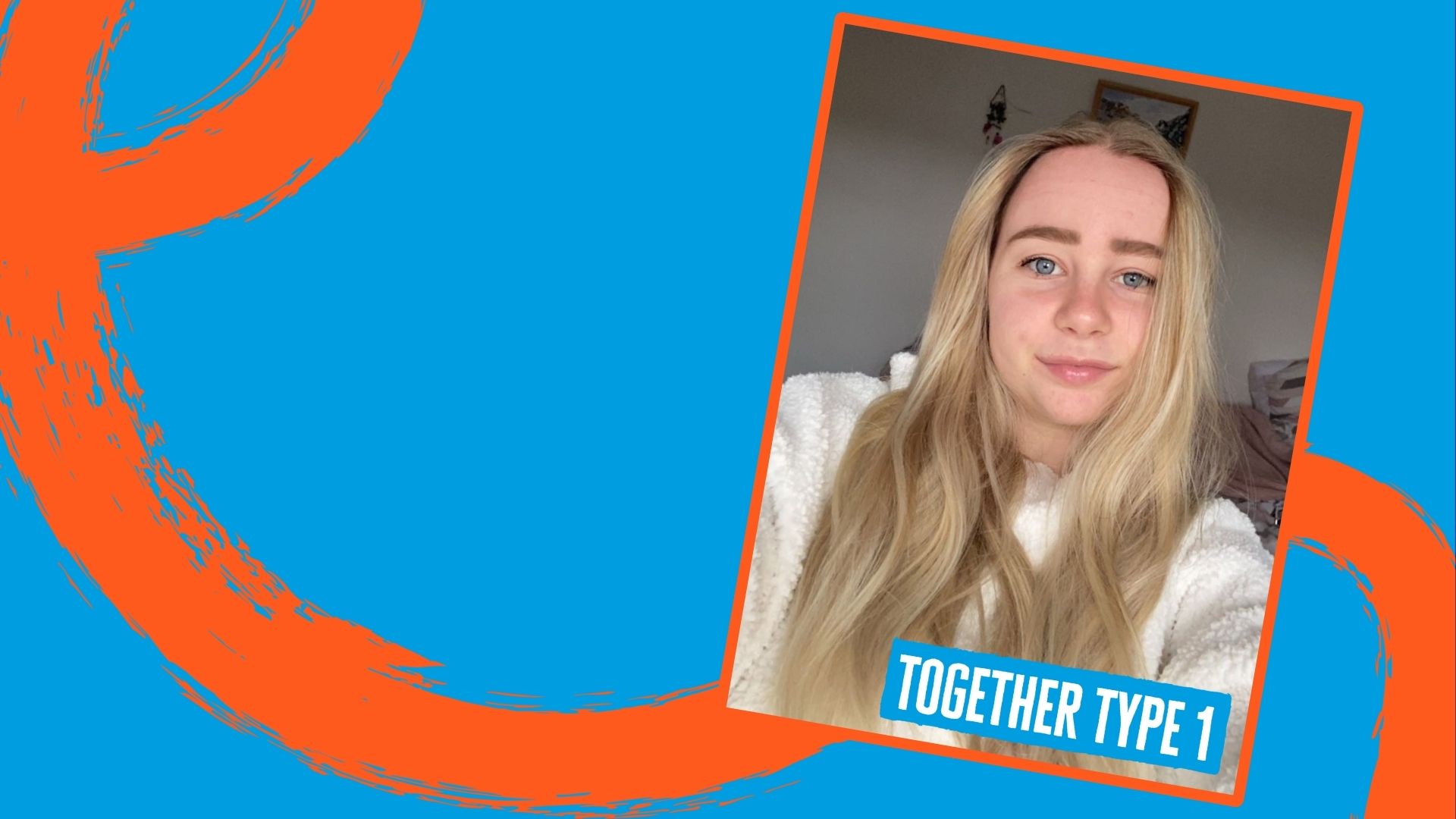
Liz Cromwell
Diagnosed with gestational diabetes in 2009
My pregnancy seemed to be going well, until just before my due date. I just felt like something was wrong.
Liz, 47, from Berkshire, was diagnosed with gestational diabetes in 2009. She went on to develop type 2 diabetes. Following a tragic bereavement, she became depressed and began binge eating, making her diabetes more difficult to manage. She says her healing process began five years ago, when she joined a gym. Now, she is a competitive powerlifter and no longer has to take medication to manage her blood sugars.
Warning: This story talks about miscarriage and bereavement.



